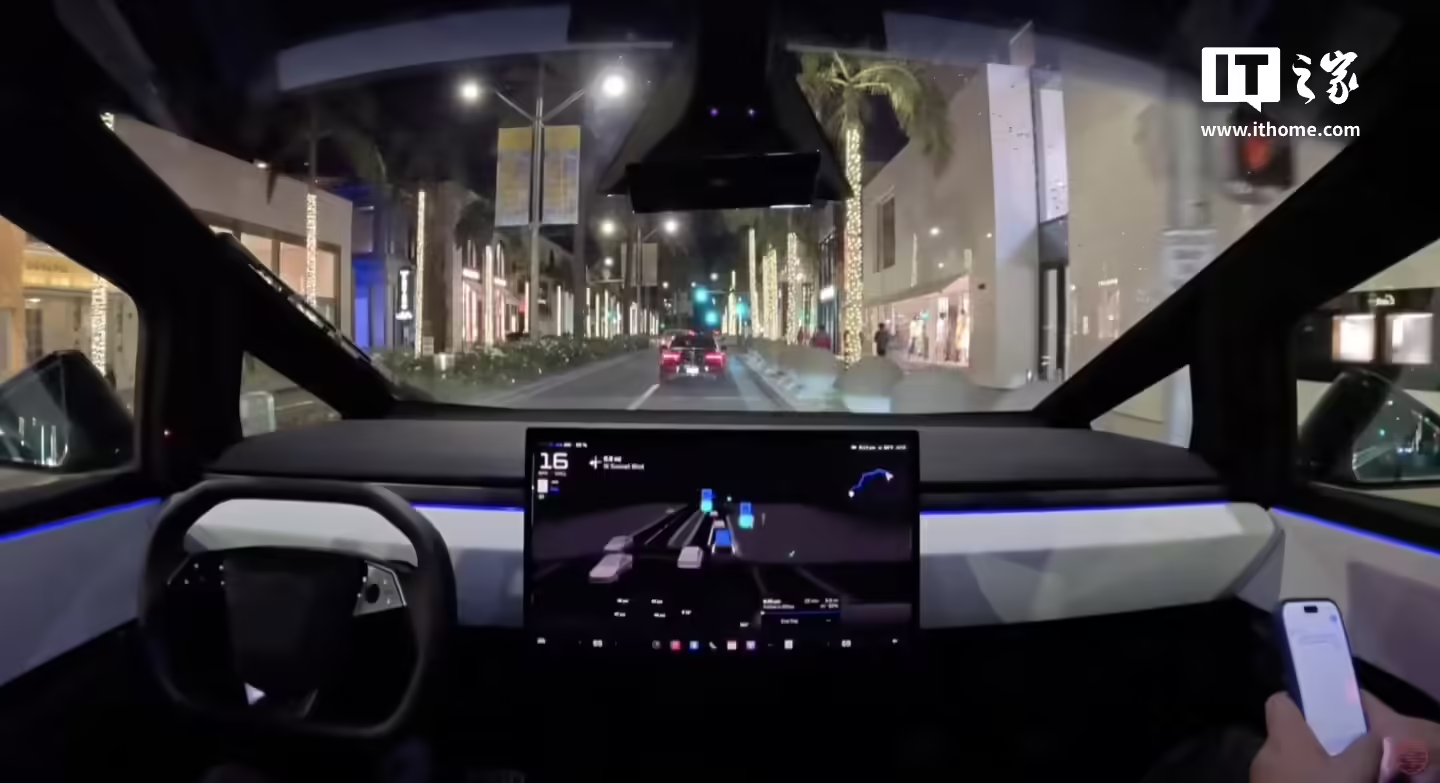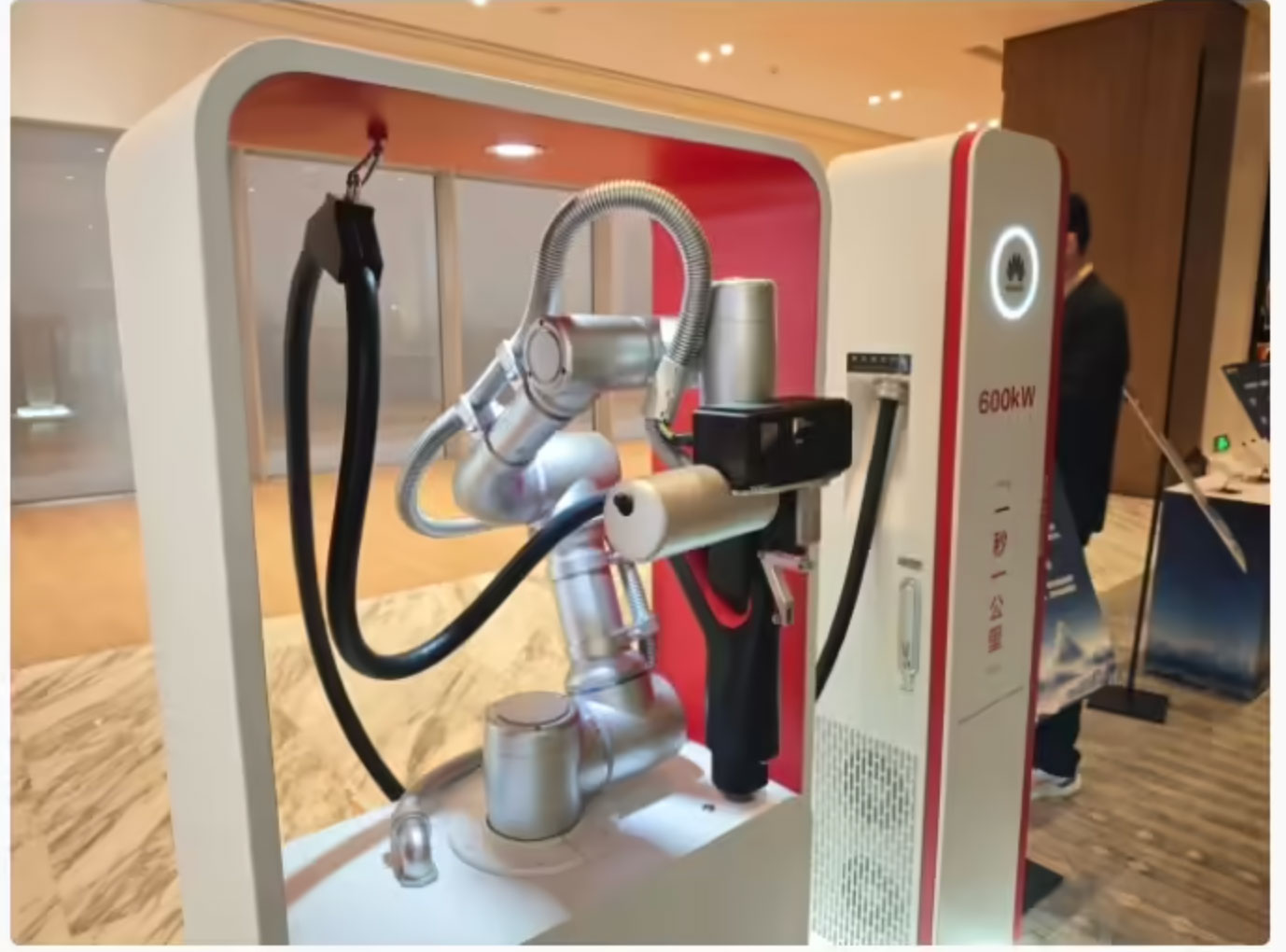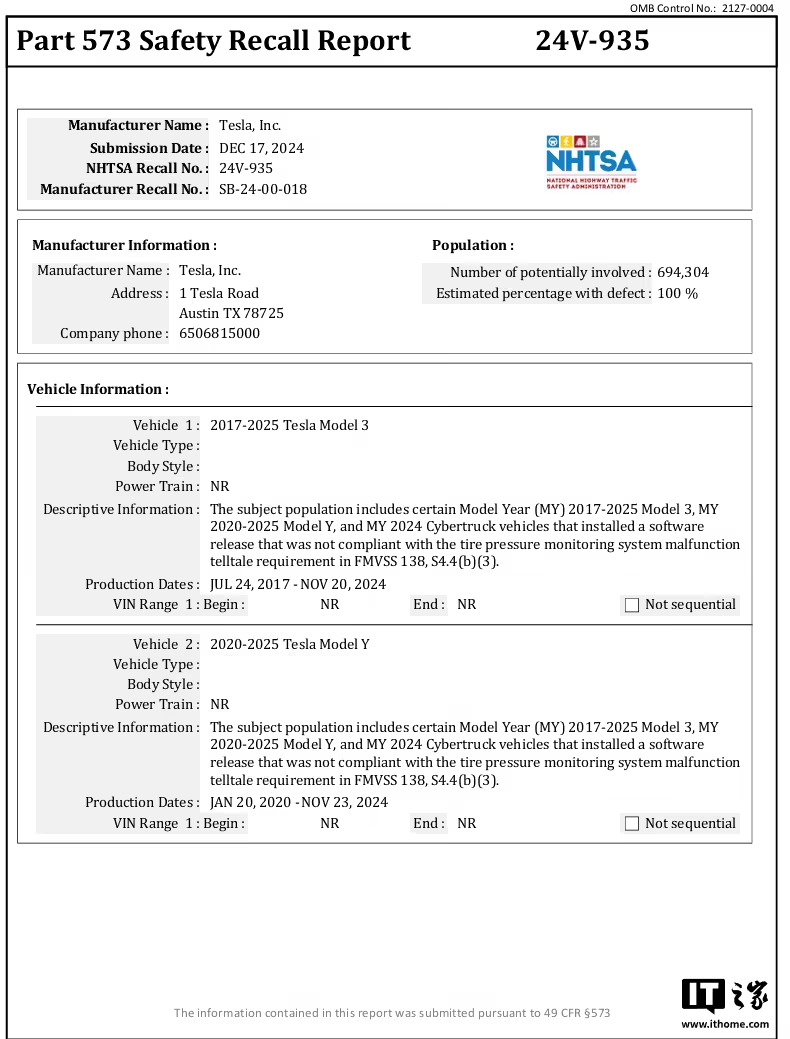Waymo Actively Promotes Its Autonomous Vehicles: Better at Preventing Casualties and Property Damage Than Human Drivers
Engadget reported today that autonomous driving company Waymo has conducted a study in collaboration with Swiss Re, a reinsurance company, which indicates that Waymo's autonomous vehicles result in fewer insurance claims than human-driven cars.

Swiss Re analyzed Waymo's autonomous driving vehicles' collision liability claims covering 25.3 million miles of driving and compared them with data from 500,000 claims and 200 billion miles driven by traditional human drivers. The results show that Waymo Driver's safety performance is superior to that of human drivers.

The study cited by Waymo claims that its autonomous vehicles reduce claims for property damage and personal injury by 88% and 92%, respectively, compared to human-driven vehicles.
Swiss Re proposed a new comparison method: comparing Waymo with new cars equipped with advanced safety technologies such as driver assistance, automatic emergency braking, and blind spot warning systems. Data based on this standard comparison show that Waymo reduces property damage claims by 86% and personal injury claims by 90% compared to assisted driving models.
The report points out that there are still two obvious issues with the study: Waymo currently operates only in urban areas, although cities are indeed the main locations for traffic accidents in the United States, accidents in rural areas (especially fatal ones) are much higher than their population proportion. The study itself also mentions that including suburban data in the baseline calculation would weaken Waymo's safety performance. Secondly, as an emerging technology, Waymo has a short operating time, making it difficult to draw accurate safety assessments from such limited test data.
According to previous reports, Google CEO Sundar Pichai highly praised Tesla's leading position in the field of autonomous driving and ranked it alongside Waymo as an industry leader.






Great to see Waymo's autonomous tech outperforming human drivers in safety. The reduction in claims is remarkable. However, considering a broader dataset, including rural areas, would give a clearer picture. Excited to see future developments!